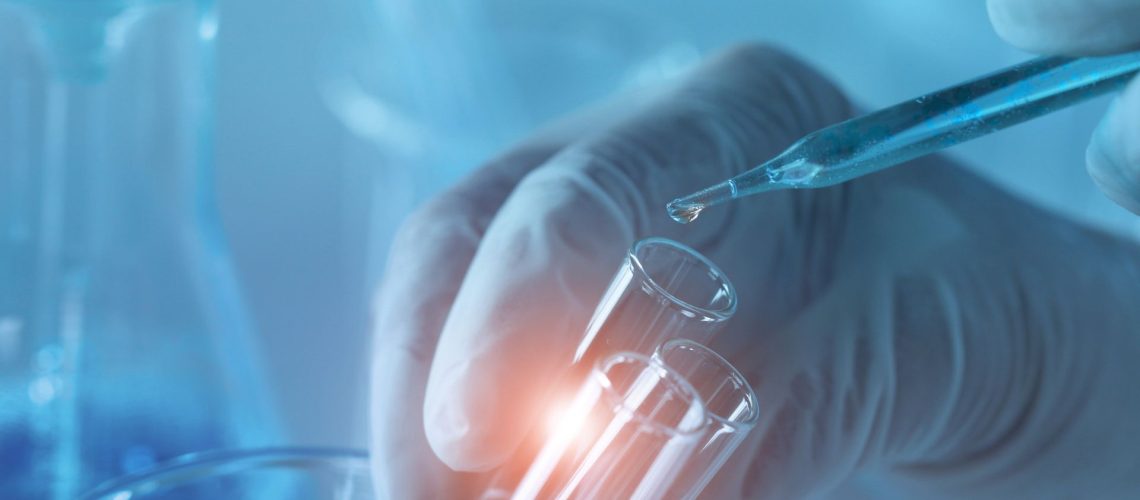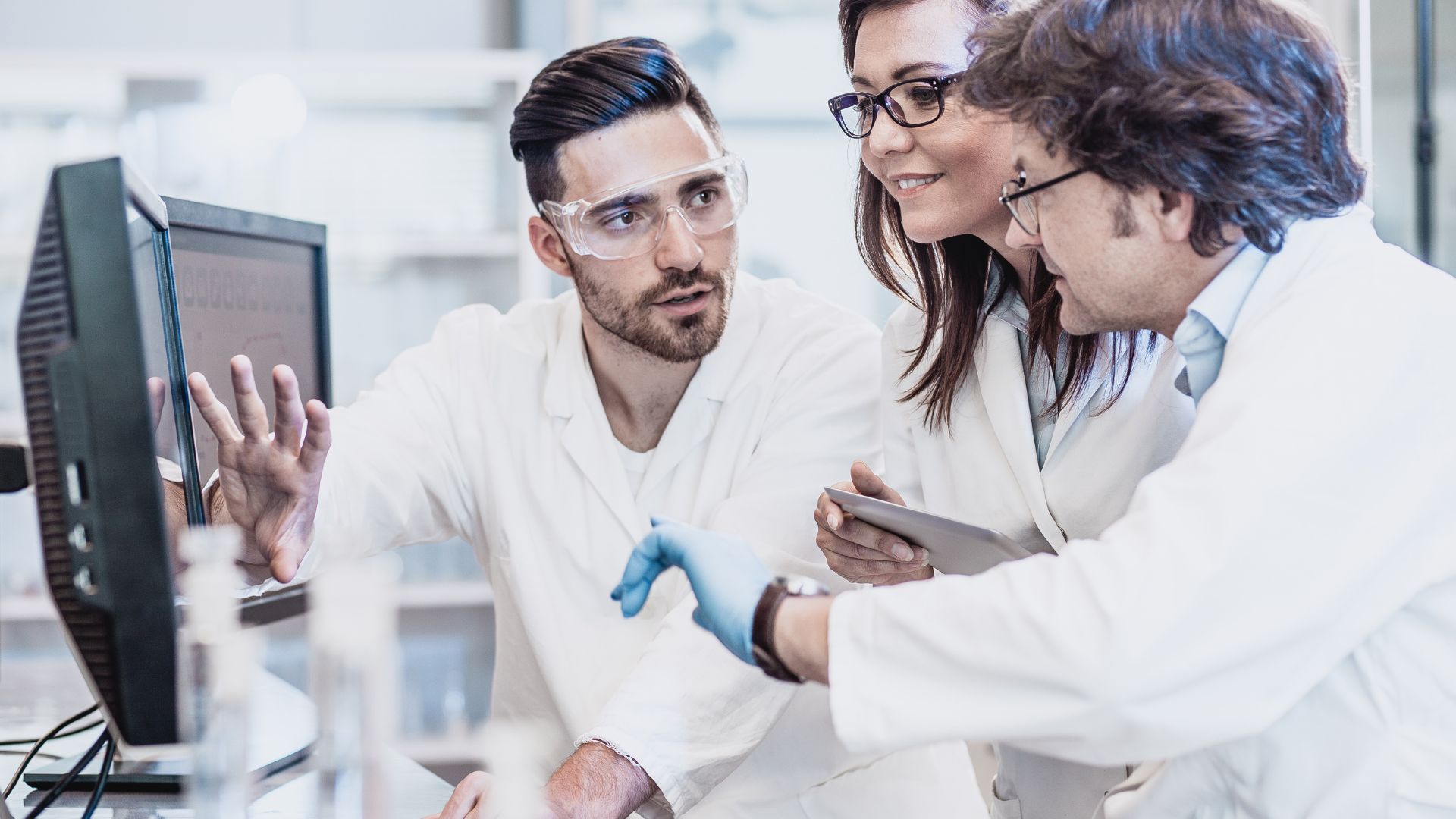In the intricate world of healthcare, the journey of a drug from a basic idea to a therapy that can change lives is a challenging one. This process, known as drug discovery, is a rigorous, meticulous, and elaborate journey that requires a high level of expertise in various fields such as biology, chemistry, computer science, and medicine.
The Basics of Drug Discovery
Drug discovery is a comprehensive process that involves identifying active compounds, known as drugs, which have the potential to alter the course of a disease or condition. These therapeutic agents can stem from numerous sources, including biologicals, synthetic chemicals, natural products, or even repurposing existing drugs for new indications.
The field of drug discovery is continually evolving. Modern drug discovery incorporates a wide range of techniques, from traditional experimental approaches to the increasingly prominent role of computational approaches, such as computer-aided drug design, AI-driven drug repurposing, and virtual screening. The primary goal remains the same: to identify chemical compounds that can modulate a biological target or signaling pathway associated with a disease to produce a desired therapeutic effect.
The Drug Discovery Process
The process of drug discovery begins with the identification of a suitable biological target, a molecule or pathway in the human body that can be influenced by a drug to alter the progression of a disease. This target could be a protein involved in cell proliferation in cancer or a receptor that contributes to cardiovascular diseases.
Once a biological target is identified, a chemical library – an extensive collection of diverse chemical compounds – is used for screening. High-Throughput Screening (HTS) is a method often employed to test these chemical compounds rapidly. The aim is to identify active compounds, often called “hits”, which show a desired biological activity against the selected target.
Candidate compounds, or hits, are then subjected to further testing. Medicinal chemistry plays a critical role in this phase. It is the job of medicinal chemists to modify the chemical structures of these hits to improve their activity, selectivity, and drug-like properties.
Drug Development: Taking the Leap from Lab to Clinic
When a drug candidate is selected, it moves from the drug discovery phase to the drug development process. This stage includes preclinical testing, where the drug is studied in vitro (in test tubes or Petri dishes) and in vivo (in animal models) to evaluate its safety and effectiveness.
The preclinical phase also involves testing for any potential adverse events and determining appropriate administration routes and dosage. It is crucial to ascertain the drug’s safety profile before moving to clinical studies involving humans.
After successful preclinical testing, the drug candidate enters the clinical application stage. This involves a series of clinical trials, conducted in several phases, to further evaluate the drug’s safety, dosage, efficacy, and potential side effects in humans.
Check out this blog post to learn more about the drug discovery pipeline or view Delta4’s pipeline for an example of the process.
Challenges and Innovation in Drug Discovery
Despite the precise and rigorous nature of the process, drug discovery and development come with their share of challenges. The attrition rate, or failure rate, is high. Many compounds that start the journey do not make it to the end. This is due to various reasons, including failure in efficacy, unexpected side effects, or commercial considerations.
Therefore, computational approaches such as computer-aided drug discovery are also gaining traction. These methods use advanced algorithms and machine learning techniques to predict how a drug candidate might behave, thus reducing the reliance on trial and error.
Drug Repurposing and Modern Drug Discovery
In addition to the traditional drug discovery process, drug repurposing is a modern approach gaining increasing attention. This involves exploring new uses for existing drugs, an approach that leads to a faster, higher success rate while at the same time being cost-effective.
For instance, Delta4 uses a sophisticated algorithmic intelligence platform called Hyper-C to identify undetected relationships between existing drugs with known safety profiles and diseases at a molecular level. The platform integrates data from various sources, including scientific literature, clinical trials, and dedicated biomedical databases, accelerating the discovery process.
This approach can significantly reduce the time and cost associated with bringing a drug to market.
Looking to the Future of Drug Discovery
As we venture further into the 21st century, the field of drug discovery is expected to undergo significant changes, driven by advancements in technology and computational sciences. These advancements will not only streamline the drug discovery process but also make it more efficient and cost-effective. The following are some of the technologies and techniques that are predicted to shape the future.
Artificial Intelligence and Machine Learning
Artificial Intelligence (AI) and Machine Learning (ML) are playing an increasingly important role in drug discovery. AI-powered platforms are already demonstrating how these technologies can significantly expedite the drug discovery process by identifying potential drug-disease relationships that would otherwise remain undetected.
In the future, we can expect AI and ML to be even more heavily leveraged. They will enable the analysis of vast datasets, leading to more accurate predictions of drug effectiveness and safety profiles. AI and ML will also be used to model complex biological systems and predict how potential drugs will interact with these systems.
Quantum Computing
Quantum computing, still in its nascent stage, holds tremendous potential for the future of drug discovery. Traditional computers are limited in their capacity to model large, complex molecules. Quantum computers, on the other hand, can process and analyze these complex molecular structures with higher accuracy and speed.
This will enable researchers to better understand the properties of potential drugs and how they interact with biological targets. By reducing the complexity and time needed to model molecular interactions, quantum computing could drastically shorten the drug discovery timeline.
Genomics and Personalized Medicine
The future will also be influenced by advancements in genomics. As our understanding of the human genome improves, it will become increasingly easier to select drugs based on an individual’s unique genetic makeup.
This approach, known as personalized medicine, aims to increase the effectiveness of therapeutic interventions by tailoring them to individual patients. Personalized medicine could lead to the development of drugs that are highly effective in treating specific genetic disorders, thereby revolutionizing the field of drug discovery.
Closing Thoughts
Despite the challenges, the pharmaceutical industry is committed to improving global health. But it’s the tireless efforts, innovation, and resilience displayed by the people in this field that reflect the indomitable human spirit to overcome adversities and secure a healthier future for all.
As we continue to navigate this exciting landscape, we, at Delta4, remain hopeful for what lies ahead in the field of drug discovery. The journey may be long, but it is one worth embarking upon for the sake of humanity’s well-being.


